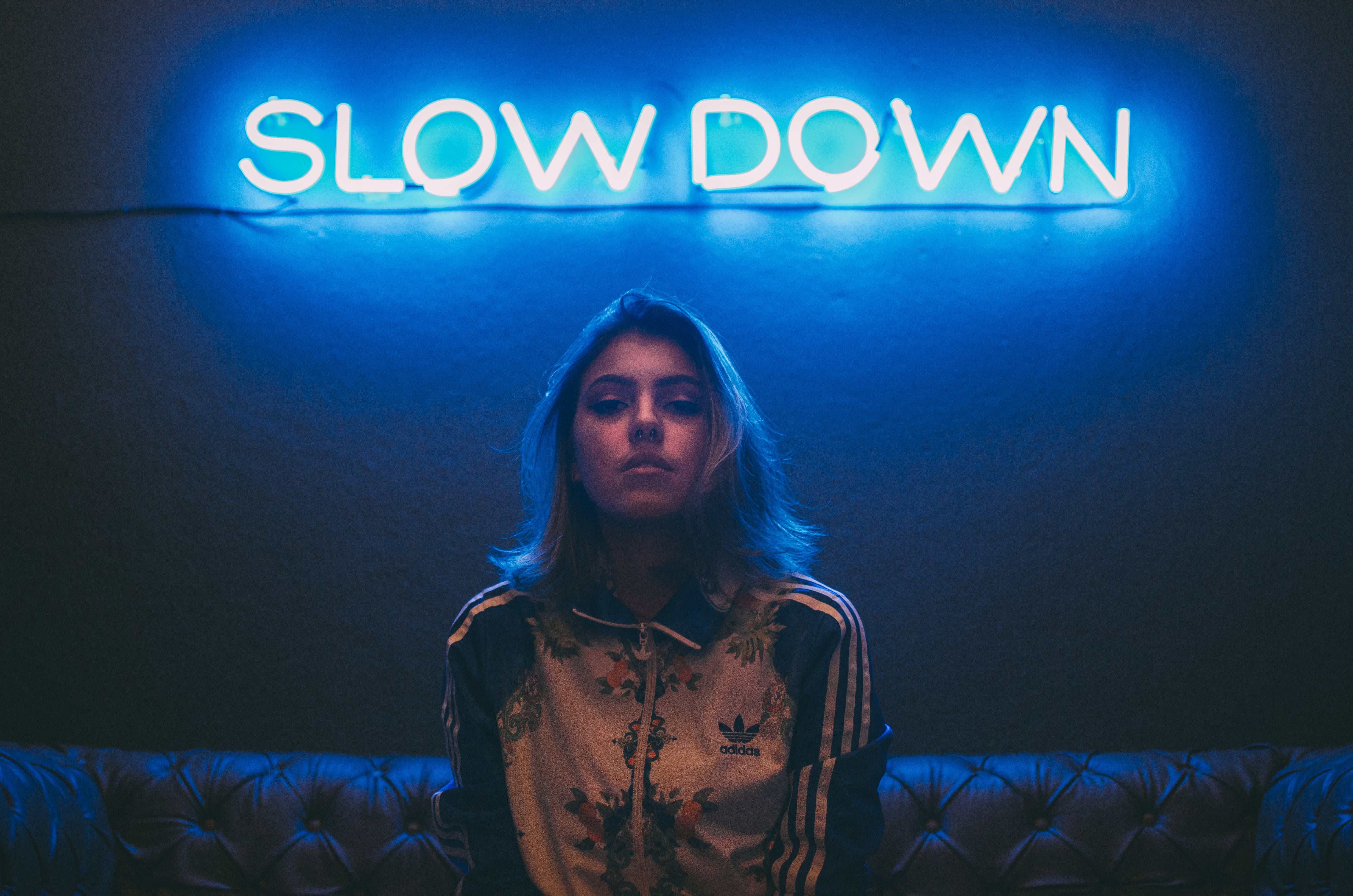There’s no doubt that human-created art is widely celebrated. Receiving an Emmy, Grammy, Oscar, or Tony award is the pinnacle of success for many artists. When will the masses begin celebrating computer-created art? Will traditional award ceremonies even accept computers?
Today, there’s nothing flashy or original about algorithms and their creative works. But, they’re still in the beginning stages.
For instance, at the Georgia Institute of Technology, two researchers are teaching an algorithm how to create video games by feeding it videos of people playing the first levels of Super Mario Bros., Kirby’s Adventure, and Mega Man. One of the researchers, Mark Riedl describes their method:
It’s the mimicry approach to creativity, which isn’t a bad place to start because humans also learn to be creative by mimicking at first.
Mark Riedl, Motherboard
Since embarking on this mission, the algorithm has made hundreds of bad video games. But, two of them – Killer Bounce and Death Walls – have surfaced as halfway decent games I could see myself wasting an hour or two playing. Yes, they are clear derivatives of the three games it learned from. However, isn’t most art derivative anyways?
Essentially, this algorithm is getting fairly good at writing and rewriting its own code. I know that sounds like KITT from Knight Rider repairing its own flat tire. However, it’s a fairly common approach among AI research.
Similarly, Microsoft created an AI that’ll write programs all by itself through program synthesis, which means stealing lines of code from other finished software. They call it DeepCoder and the idea is that they’ll one day deploy it as a tool that creatives can feed ideas and it’ll build them.
When I look at the entire field of creative AI, the blatant fact is that it’s only 2018 and we’re already seeing extensive research into creative AI across many, many disciplines.
In the field of writing, AI has been used to tell the news and write business reports. In the field of filmmaking, AI has crafted a (scary yet) compelling short film – from script to final edit. In the field of visual art, AI-generated art is now showcased in a mainstream gallery show.
AI is creating original works of art. That’s incredible. Just two years ago, we couldn’t help but chuckle at its attempts to create paintings (remember DeepDream). People aren’t necessarily lining up to buy AI-created work today, but it’s clearly getting better. Tastes will develop over time to care for what AI is creating.
When you look at an entertainment company like Netflix, with over 130 million subscribers worldwide, creating endless content is how they win. That’s why they’re spending $8 billion on content this year.
AI is proving that it can write a script. AI is proving that it can edit scenes. Within 15 years time, there’s no reason that Netflix won’t be employing algorithms to source stories, use CGI, and edit films.
The question I have is:
